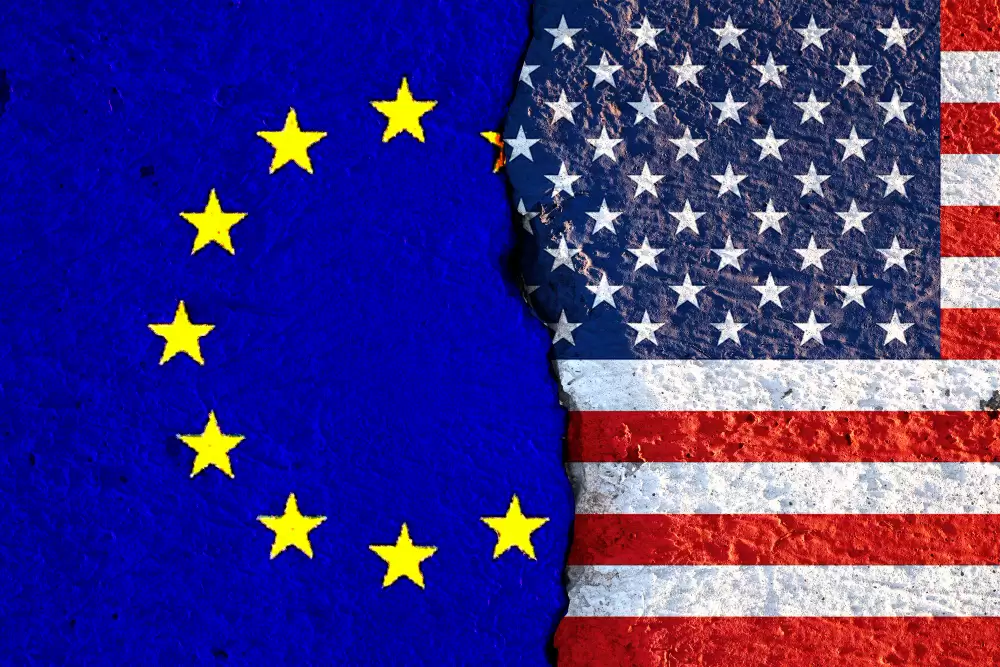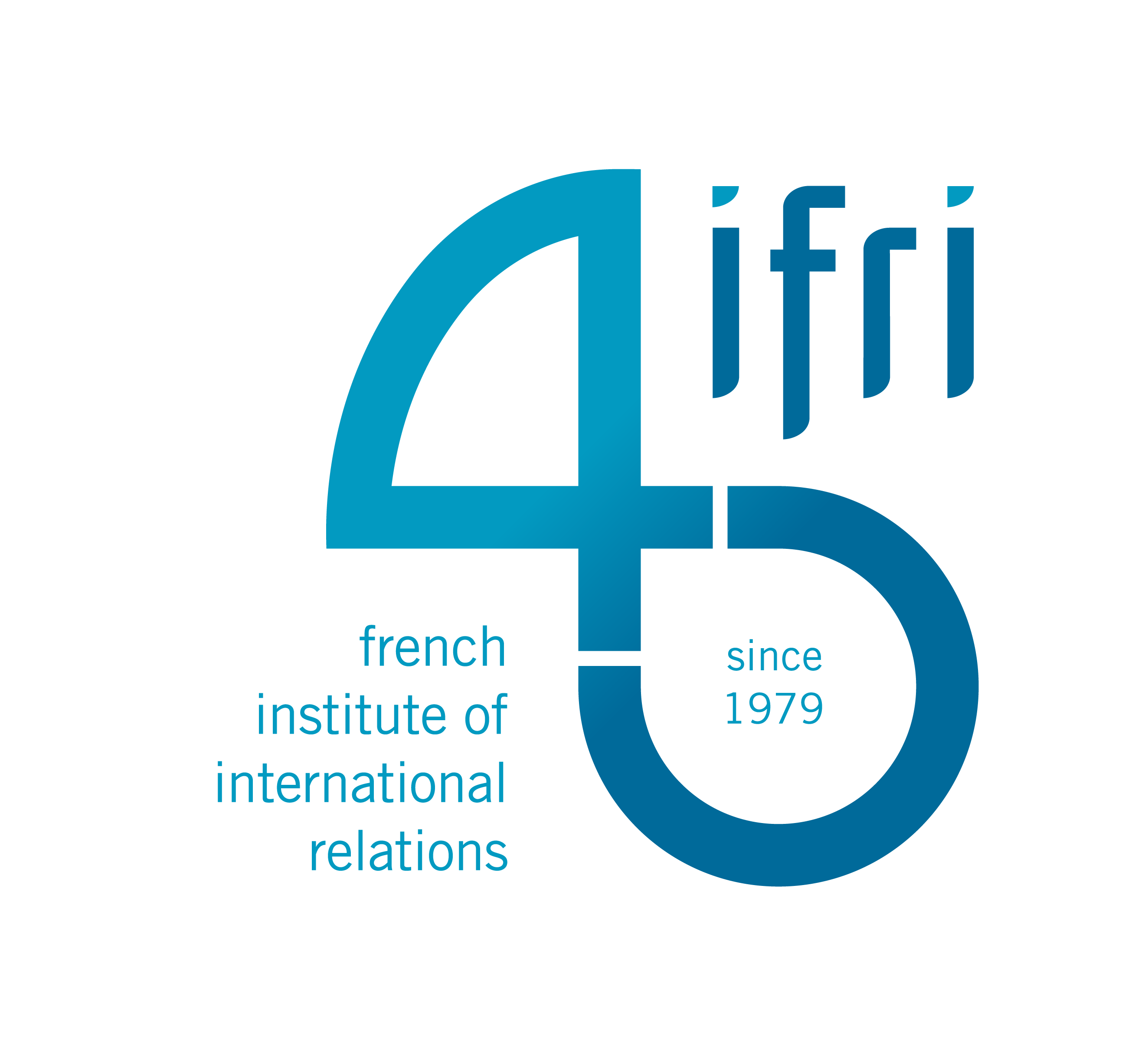The evolving landscape of global defense cooperation has brought the transatlantic relationship between the United States (US) and Europe into sharp focus. As geopolitical tensions rise and the threat environment becomes more complex, the question of how Europe can best ensure its security while navigating its relationship with the United States has become paramount. This double feature report offers two contrasting views on the dynamics of US-Europe defense industrial relations, highlighting the challenges and opportunities that lie ahead for both parties.
The first text, authored by Jonathan Caverley and Ethan Kapstein, presents a perspective that underscores the limitations of European strategic autonomy in defense. They argue that despite increased defense spending and initiatives like the Draghi Report, Europe remains heavily reliant on the United States for advanced military technology and industrial capabilities. They suggest that Europe should accept a junior partner status within the transatlantic alliance, leveraging US technological superiority to bolster its own defense capabilities. This approach, they contend, would allow Europe to benefit from the most advanced defense systems while acknowledging the economic and industrial realities that constrain its ability to achieve full autonomy.
In the second text, Élie Tenenbaum and Léo Péria-Peigné challenge the overly pessimistic narratives surrounding the European defense industry. They highlight the successes and technological advancements of European defense firms, arguing that Europe has the potential to be a significant player in the global defense market. Tenenbaum and Péria-Peigné question the reliability of US defense supplies, citing concerns over production delays, operational limitations, and stringent export controls. They advocate for a more balanced transatlantic partnership, where Europe can assert its industrial capabilities and strategic autonomy while still cooperating with the United States.
Together, these two texts, respectively written by American and European researchers, weigh on an increasingly heightened debate surrounding transatlantic defense cooperation. They explore the tensions between the need for European strategic autonomy and the benefits of leveraging US technological and industrial strengths. As Europe grapples with the challenges of ensuring its security in an increasingly uncertain world, these perspectives offer valuable insights into the future of defense industrial relations between the United States and Europe.
About the Authors
Jonathan Caverley is a professor of strategic and operational research at the U.S. Naval War College, where he serves as interim Editor in Chief of the Naval War College Press. He is a Global Fellow at the Woodrow Wilson International Center for Scholars. The views in this report are his own and do not represent those of the Naval War College, the U.S. Navy, or the U.S. government.
Ethan Kapstein is Executive Director of the Empirical Studies of Conflict Project at the Princeton School of Public and International Affairs (esoc.princeton.edu). Kapstein’s research and teaching focus on the political economy of development, especially in conflict-affected countries. His most recent book, Exporting Capitalism: Private Enterprise and US Foreign Policy (Harvard University Press 2022) traces American efforts to promote private sector development across the developing world. Kapstein is a retired US naval officer and a member of the Council on Foreign Relations. He has won numerous grants and fellowships, including most recently from the Department of Defense/Minerva Research Initiative; the Smith Richardson Foundation; and the World Bank.
Léo Péria-Peigné is a Research Fellow at Ifri’s Security Studies Center, working for the Observatory on Future Conflicts on defense industry, armament and capability prospective. He also worked on the use of conventional weaponry in asymmetrical conflicts, especially in Afghanistan. Specialized on Defense Industry’s issues and Turkish geopolitics, he graduated in 2020 from Sciences Po Lille’s economic intelligence and international relations Master and joined Ifri in 2022 after two years of consulting on armament economy and a time at French Special Operation Command.
Élie Tenenbaum is the director of Ifri’s Security Studies Center. After years of focusing on irregular warfare, counterinsurgency and counter-terrorism, his research now leads him to cover more general strategic issues, in particular European security and defense policy.


